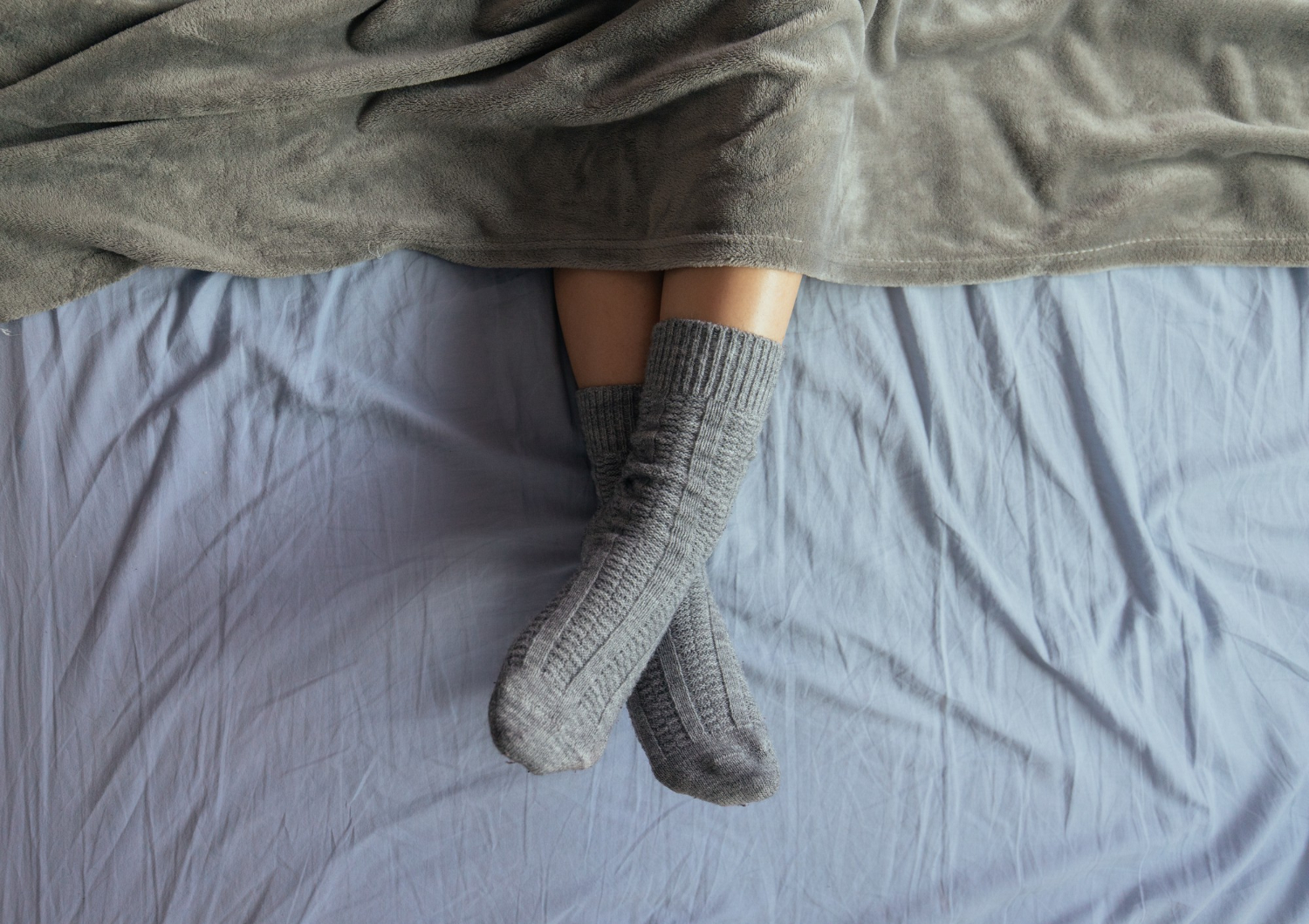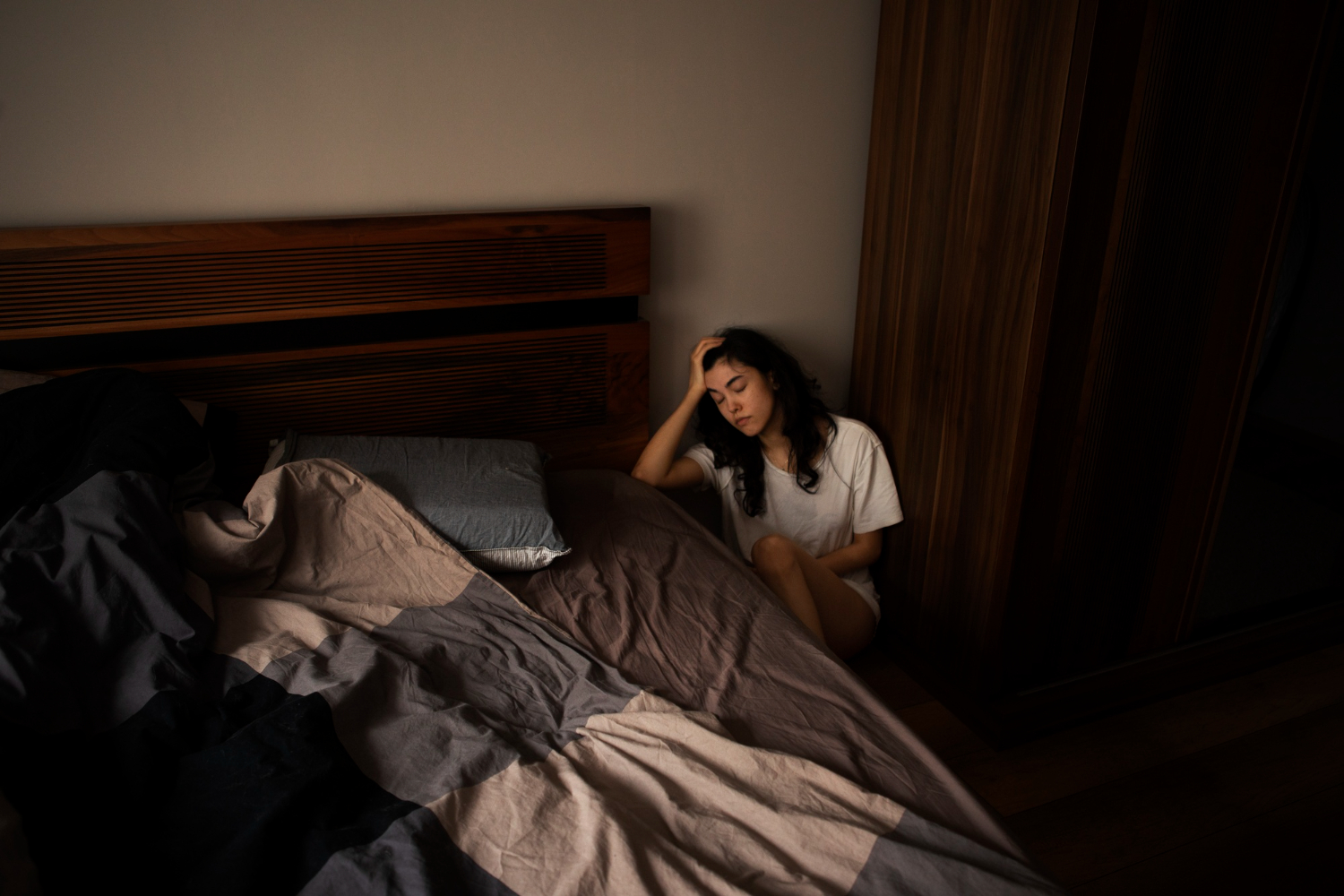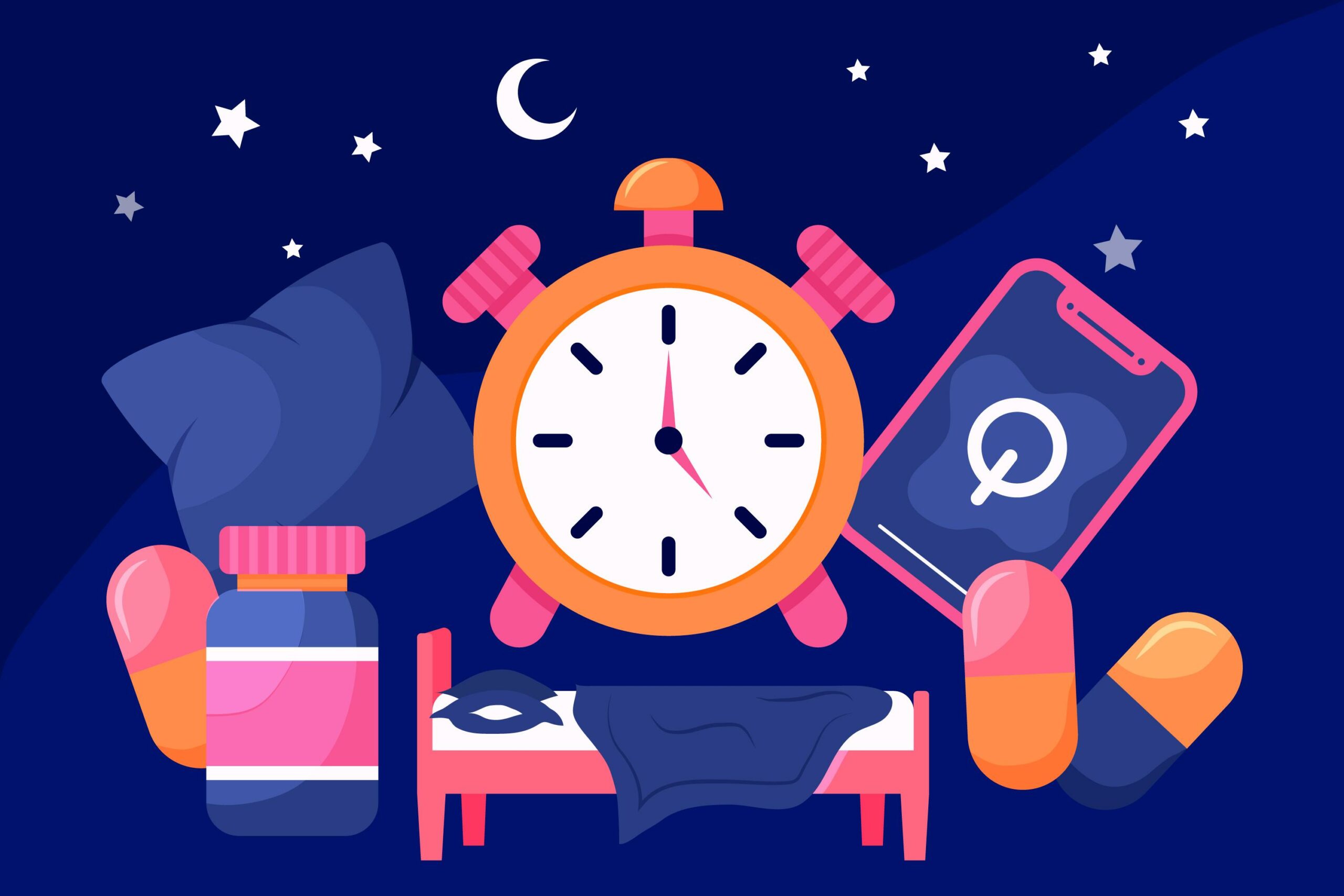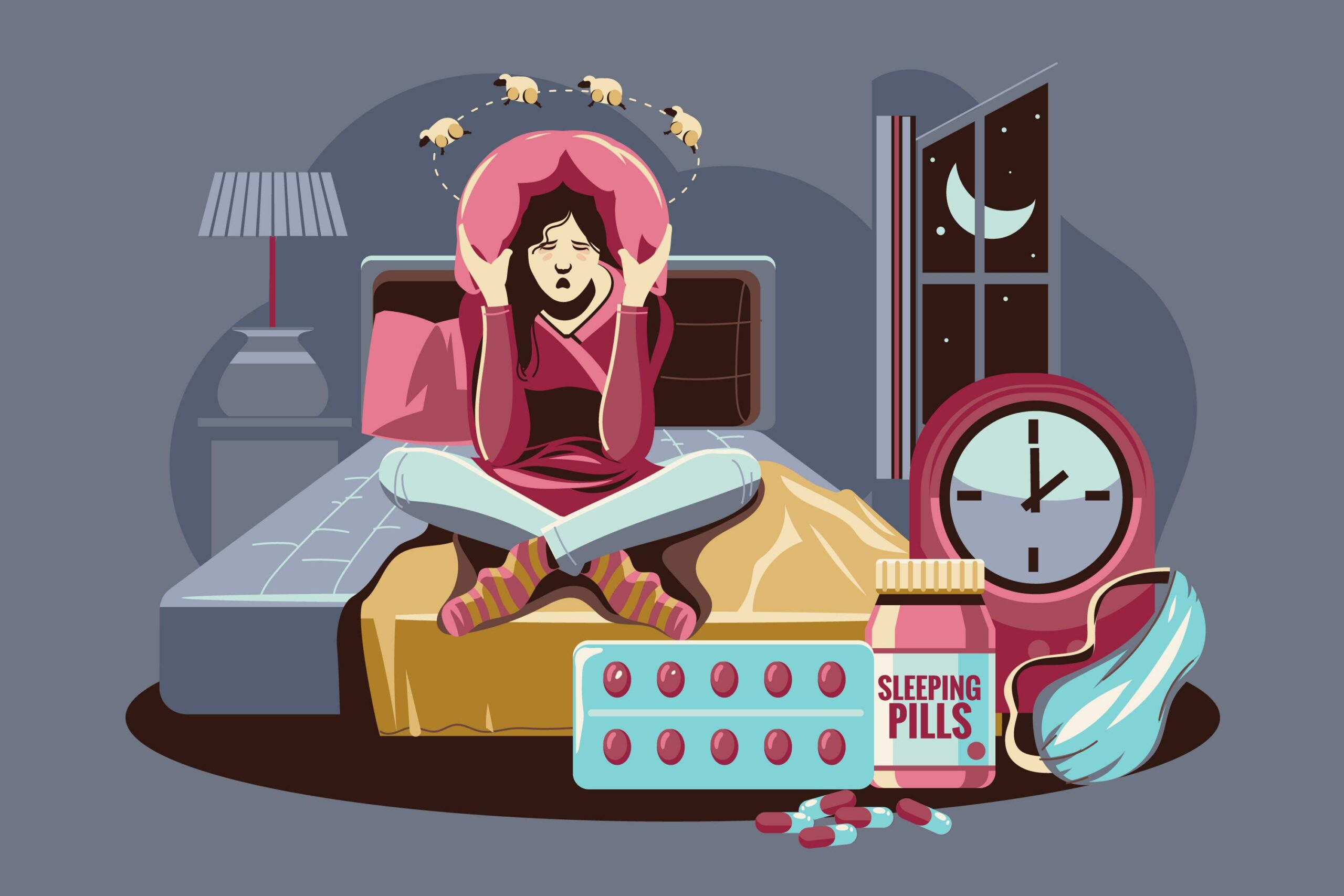Restless Leg Syndrome Explained

When most people think about sleep disorders, things like sleepwalking, night terrors and insomnia usually spring to mind. However, a condition known as restless leg syndrome is actually surprisingly common yet receives very little attention in the press and elsewhere.
Those who suffer from restless leg syndrome know how debilitating it can be, since it seriously impacts the quality of sleep and can cause a lot of sleepless nights. Finding a way to deal with restless leg syndrome isn’t always easy; different things work for different people.
Who Gets RLS?
Approximately ten percent of the United States population suffers from RLS.
Restless leg syndrome doesn’t discriminate based on gender; men and women alike can develop it during their lifetime. Age isn’t a huge factor, either, although extremely severe types of restless leg syndrome are far more common in people over middle age. Even young babies can have restless leg syndrome, as can teenagers and young adults.
There’s no way to predict when – or if – RLS will begin affecting you. All too often, restless leg syndrome goes undiagnosed for years due to a general misunderstanding of the condition. By learning about restless leg syndrome, you can be aware of what to look for; if you end up developing it, you’ll be better able to deal with it.
What is restless leg syndrome?
At its core, restless leg syndrome is a disorder of the central nervous system. More specifically, it affects the area of the nervous syndrome that controls and deals with leg movements. Although it is commonly known as restless leg syndrome – or RLS – it is also sometimes referred to as Wittmaack-Ekbom’s syndrome. It is characterized by strange sensations in the legs that usually prompt a person to move their legs around in response. This movement is performed in an attempt to make these aggravating sensations stop. Unfortunately, these sensations and the subsequent movement that they generate tend to get in the way of a peaceful night’s sleep for sufferers of restless leg syndrome.
Restless leg syndrome symptoms
The most telltale symptoms of restless leg syndrome are strange sensations in the legs, especially when trying to go to sleep for the night. During the waking hours, these sensations tend to go largely unnoticed or may not be present, since movement tends to keep them at bay. People suffering from restless leg syndrome say that the sensations are not necessarily painful, but are aggravating, annoying and uncomfortable. Some describe the sensations associated with restless leg syndrome as being similar to the “pins and needles” sensation that one experiences after their foot “falls asleep.” However, the sensation doesn’t fade away like it would under normal circumstances, and actually worsens with time.
Although the symptoms tend to be milder during the day, they are often still present. Many people who first start noticing the signs of restless leg syndrome begin experiencing an increased severity of their symptoms as time progresses. For some, restless leg syndrome is merely a slight annoyance; for others, it can become downright debilitating and can make life completely unmanageable. When you add in the sleep deprivation that usually accompanies restless leg syndrome, it is not surprising at all that so many sufferers anxiously seek cures for the condition. The symptoms of restless leg syndrome also tend to worsen with age; young people experience mild effects, while older individuals are much more disrupted by it.
Restless leg syndrome treatment
Unfortunately, there is no cure for restless leg syndrome. However, there are various treatments that may help lessen its symptoms. Sufferers are advised to avoid caffeine, alcohol and nicotine. The diet of people with restless leg syndrome should be examined for vitamin deficiencies.
Some find that targeted kinds of massage therapy can help a great deal. People who deal with restless leg syndrome symptoms at least three nights per week are usually advised to try a prescription medication to alleviate their troubles. However, many do not like to take medications unless absolutely necessary.
There are herbal remedies and natural sleep aids available that can help. To find out which RLS treatment ranked # 1, take a look at the sleep aid reviews.



